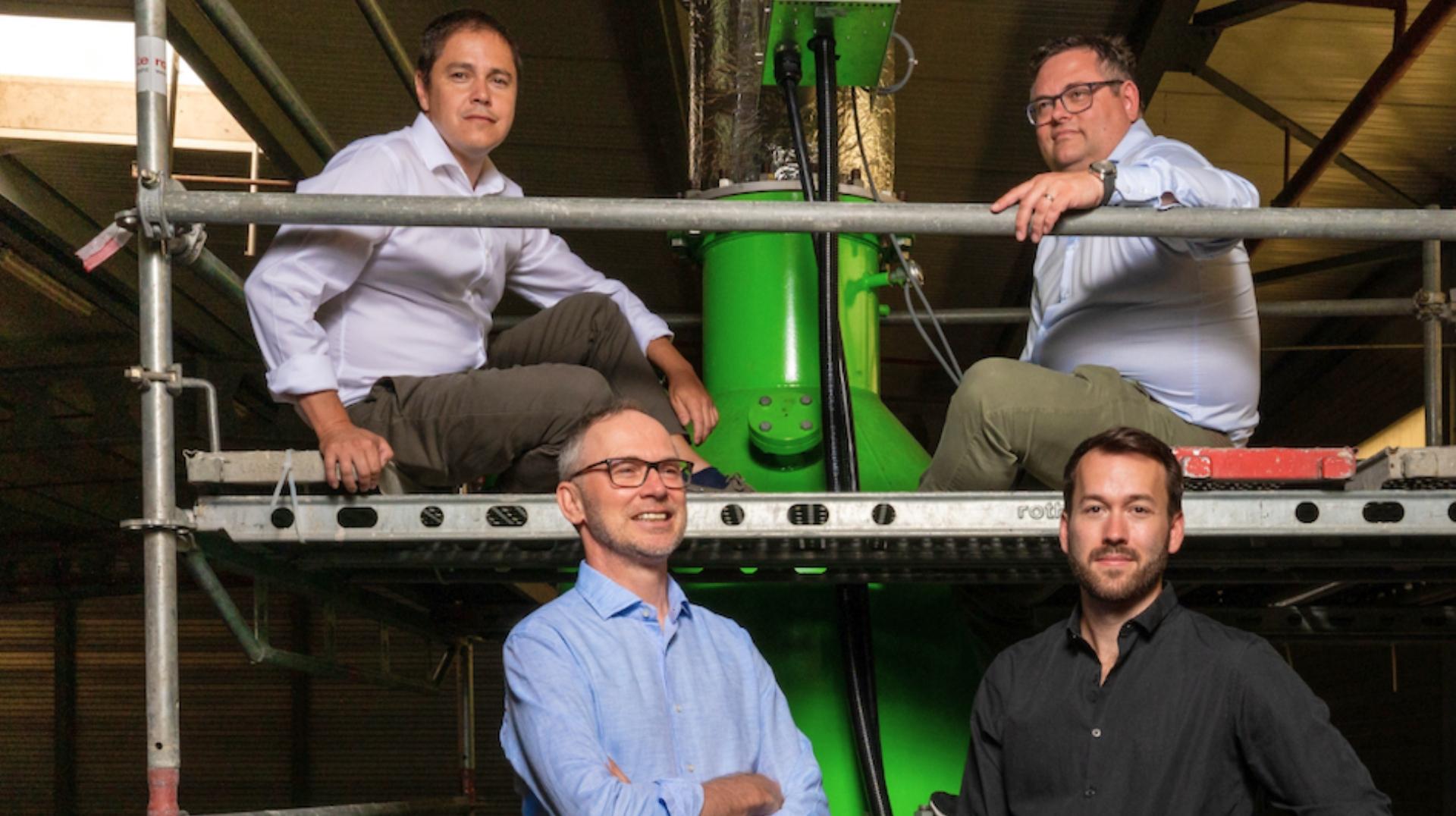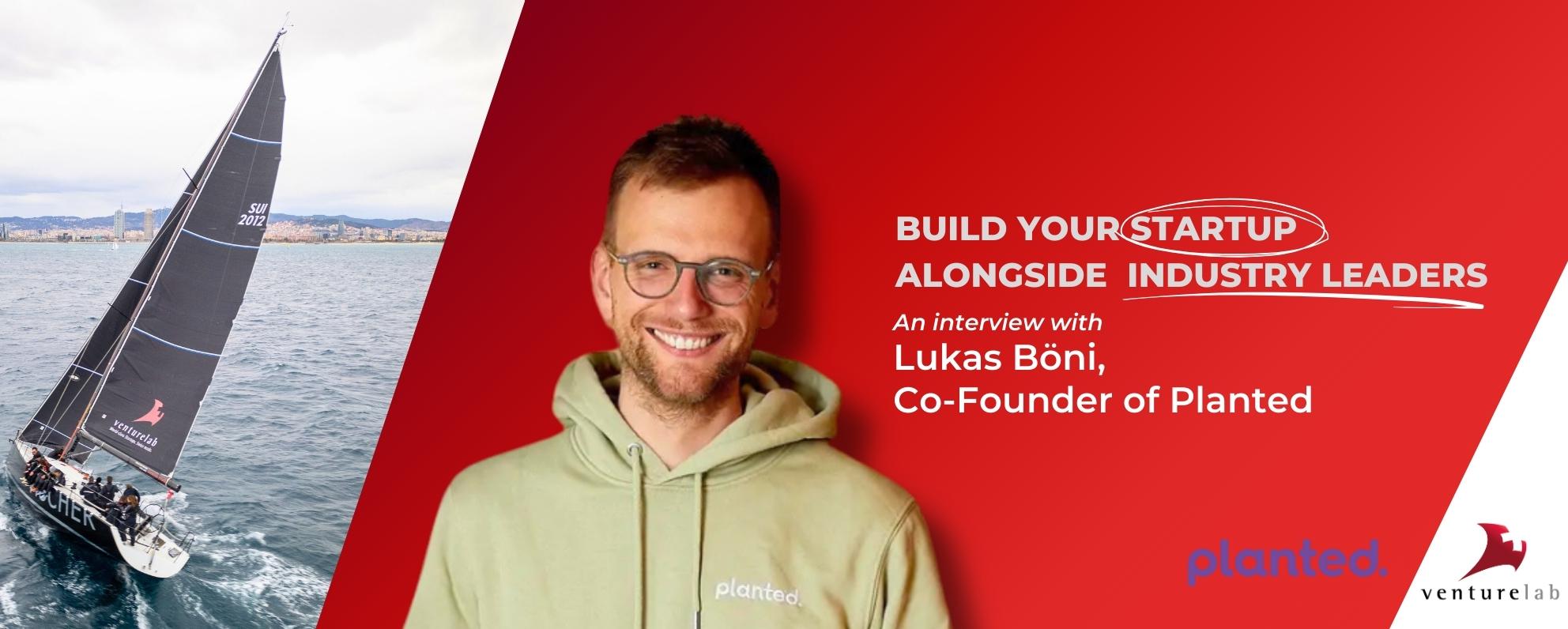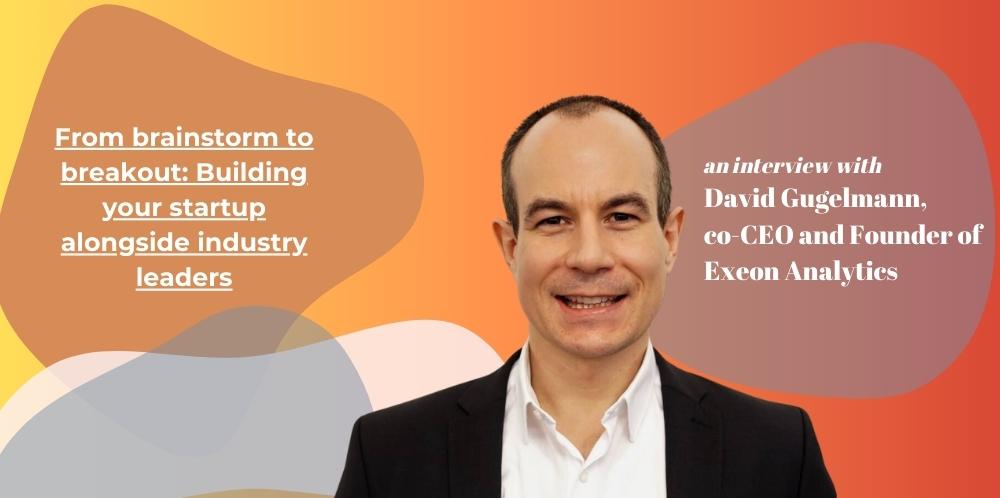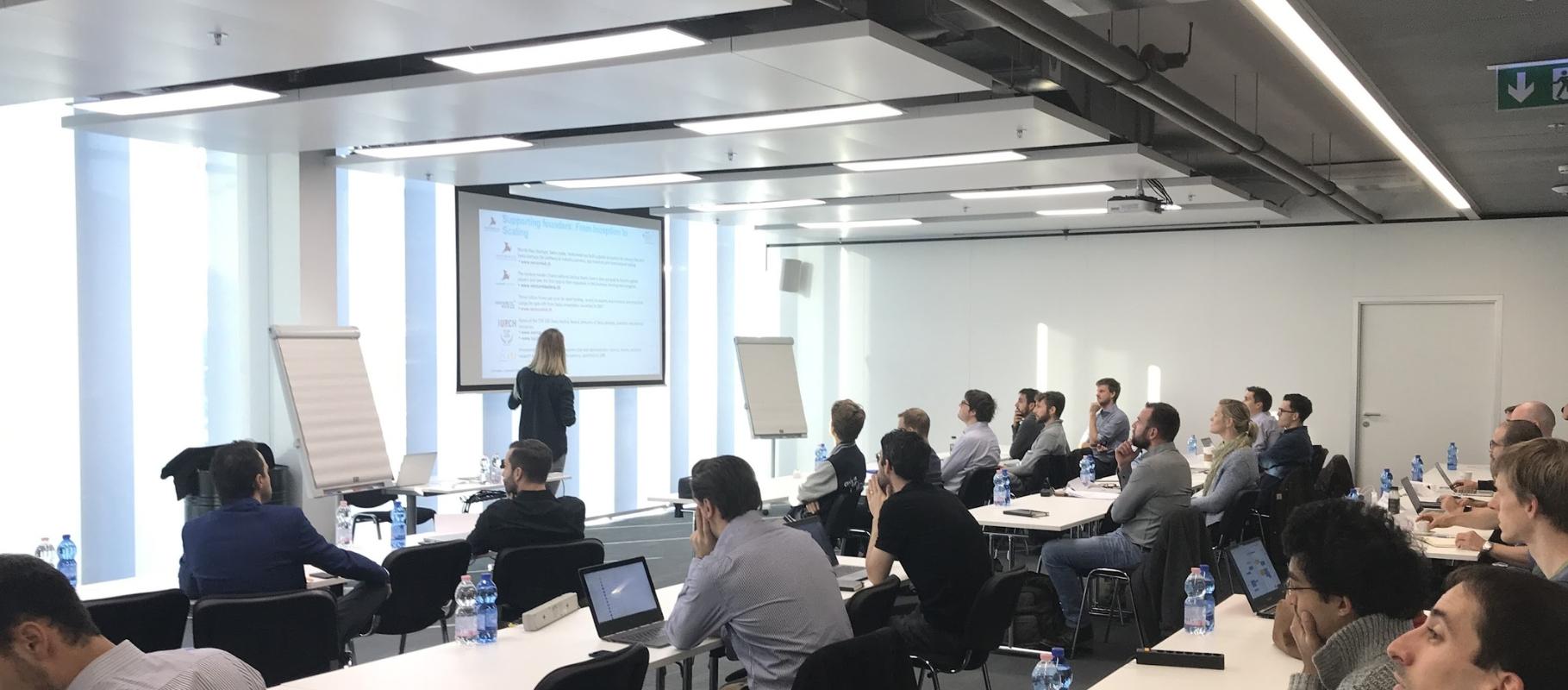They say it takes a village to raise a child, but what about a startup? The path from a spark of an idea to a full-fledged business can feel like climbing a mountain. That's why we're launching a series asking seasoned startup founders who've charted this course before, to act as your own personal "startup whisperer." Our guest on this exciting climb today is Juan Mario Michan, Founder and CEO of Daphne Technology. Get ready for actionable advice to help you explore the thrilling, challenging world of getting your startup off the ground.
"Engaging with customers early and conducting thorough research before interviews is key."
Market research and product-market fit
How did you drive your market discovery phase?
As a B2B Deep Tech scale-up in Climate Tech, navigating market discovery demands substantial expertise across business, regulatory, and technological domains. Entrepreneurs initially rely on curiosity, research capacity, and outreach to identify where their product adds value, with no definitive rule or specific tools beyond entrepreneurial resourcefulness. Traits like perseverance, passion, and a high-risk threshold define startup founders, with finding product-market fit being the toughest challenge. Market research involves starting broadly and progressively segmenting down, understanding TAM, SAM, and SOM (Total Addressable Market, Serviceable Addressable Market, and Serviceable Obtainable Market), and validating assumptions through candid discussions with potential customers. Effective B2B customer interviews require grasping their sphere of influence and business comprehension. Engaging with customers early and conducting thorough research before interviews is key.
A common recommendation to entrepreneurs is to focus: Do you concur? How did you achieve product-market fit?
Startup life is full of contradictions, and this is one of the biggest ones. In this context “focus” is relative. Yes, you have to focus on understanding your market and customer, on being compelled to the largest market, on selling to the most profitable market, and on commercializing in the earliest adopter market. At the same time, you have to focus on getting funding to survive and the goal of creating a company (one that sells products that can support its existence). Ultimately, you have to focus on success and that can take many shapes. What I think the recommendation means is that if you are doing side or pet projects that do not have a straight-line projection to a successful venture then you are wasting your time. This is harder than it sounds for the curious entrepreneur mind.
Building your team
How did you build your team? And how did you choose advisors?
The difficulty of building teams in startups is that the lifecycle of the startup is, in many cases, much faster than the speed of development of many good high-performing people. It takes a special type of incredibly highly motivated person to be able to move through the shifting roles of the startup without hitting a ceiling. Awareness of limitations aids in navigating company development, but startups inevitably lose talent along the way. Time-intensive industries like Deep Tech and Climate Tech may lead to personal life conflicts. Recruiting adaptable, resourceful individuals with the right attitude is crucial, prioritizing delivery over arrogance. Domain expertise is essential, even in disruptive ventures, with genuine advisors and experts being invaluable. The best advice I can think of is to bring in the smartest most flexible and resourceful people you can.

Leadership and decision-making
As a founder, what leadership qualities have been essential for your company’s growth? How do you approach decision-making, especially when faced with uncertainty?
You have to give room for your leadership team to own their respective areas and they must demonstrate that ownership. Still, it is important to intervene if there are doubts and as a leader, you have the right (and the obligation) to have doubts and challenge your team. Uncertainty is a day-to-day occurrence in a startup and the main challenge is to shield the team from it to some extent so they can do their jobs as productively as possible. In my experience, you should not decide to take a path that will reduce your options and flexibility unless you ought to and you should brainstorm with your leadership team as much as possible.
Lessons learned
What is the biggest challenge of being a founder? And what the best reward?
In general, you are in for the long run and every step is much more challenging than the previous one. You need to evolve and develop as fast as the company or you risk being left behind or in the worst case, becoming a drag for the company.
Tools
Any tips for entrepreneurs who find themselves in the crucial founding phase?
Don’t be greedy, focus on cash rather than valuation, always assume it will take double the time and double the money and you will probably be about right. Also, I would recommend the book "Disciplined Entrepreneurship" by Bill Aulet. This comprehensive guide provides practical strategies for aspiring entrepreneurs, offering a structured approach to starting and growing a successful business.

Daphne Technology SA: MRV and abating methane slip from hard-to-abate industries.
Daphne Technology is Climate Deep Tech company focused on solving the GHG emission challenge from hard-to-abate industries by removing methane (CH4) slip from the exhaust of gas engines while generati... Read more









